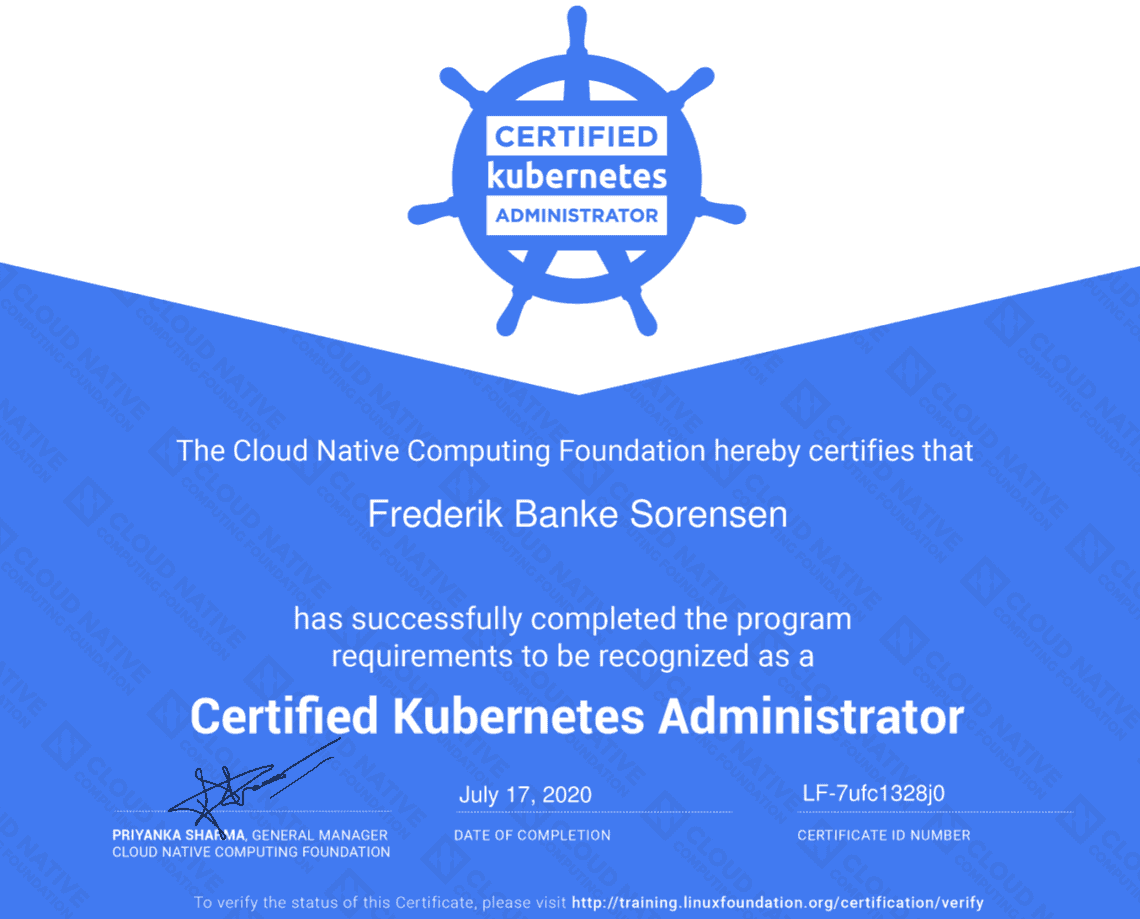Table Of Contents
CKA Certification - 3 Tips to Rock the Exam
I have just completed the CKA (Certified Kubernetes Administrator) exam. The exam is vastly different from other certifications I have. I mean, this in a positive way. The exam is 100% hands-on, a quality I have missed in many other certifications. Although passing the exam does not give you everything you need to be able to administer a Kubernetes cluster in production, it is a good start, and it shows that you have understood the inner workings of Kubernetes.

My focus is on creating quality code, so why do I worry about an infrastructure system like Kubernetes? Software quality is a multifaced thing. The code alone doesn’t make the project run without errors. To have as few defects as possible, we must control as many aspects of the delivery as possible, including infrastructure.
Kubernetes allows us as developers to control more of the platform where we deploy our code, which we can use to avoid many unknowns on the infrastructure side of things.
I have previously been at the exam for certification related to Microsoft and Oracle products, and they have all been structured mostly the same. A substantial basis on learning the intricacies of the topic and answering multiple-choice questions. The setting created at the exam is thus very different from a work setting. Usually, you will have access to the documentation and can try out different solutions to a problem.
The CKA exam is, in my opinion, done right. There are no multiple-choice questions. All questions are a short description, and you have access to a running Kubernetes cluster to implement the solution in any way you want. You even have access to the kubernetes.io documentation site. The exam contains around 24 questions, which all show how much they are weighted. In my case, all questions were in the range of 1% to 9%.
In all the questions, you need to use a Linux shell to connect to a Kubernetes cluster and solve it. The questions range from spinning up a pod with Nginx, backing up the etcd database to troubleshooting why a node is not showing as “Ready” in the cluster. A broad range of questions that span the whole curriculum.
The exam is hard, even with access to the documentation you need to have at least some experience with Kubernetes to solve the questions.
If you have no idea how to set up a deployment with a pod containing multiple containers and have constraints on CPU and memory, the documentation is not going to help you.
3 tips to rock you CKA certification
- Don’t just read the documentation - set up a cluster and practice deploying different pods, deployments, and services, so you know the commands.
- Make sure you also prepare for the administrative part like handling backups, troubleshooting node errors.
- Remember to browse the documentation on kubernetes.io/docs - it is invaluable to know where to find examples on commands and spec files.
A few of the resources that helped me prepare:
Share
Legal Stuff


